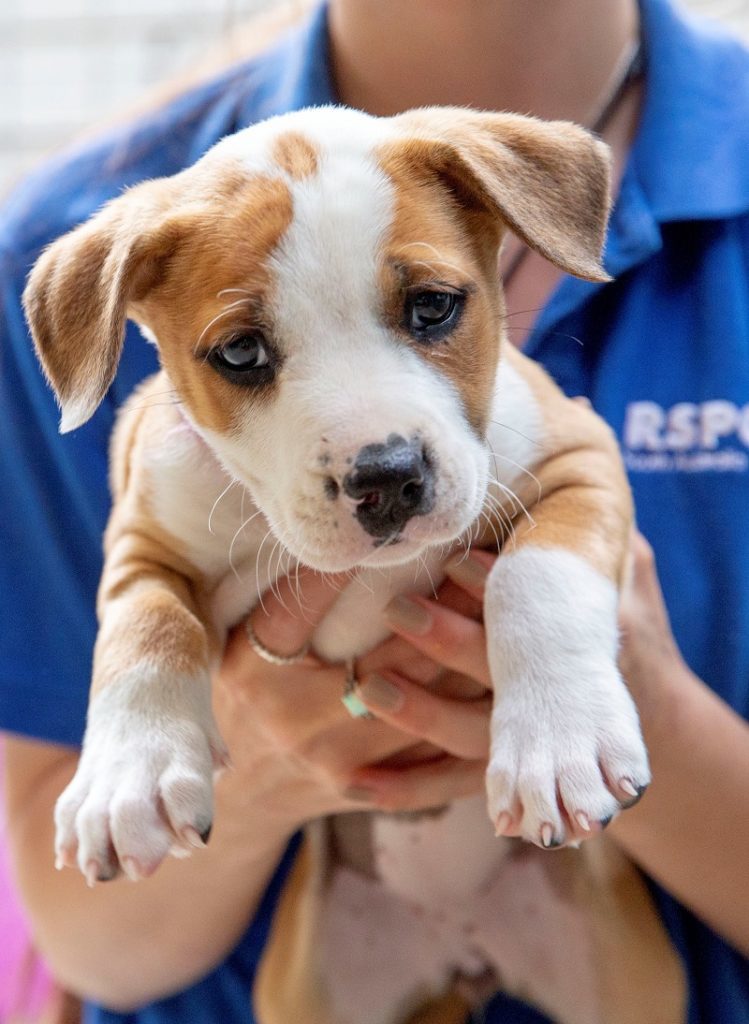
Who decides what happens to a dog that has attacked another person or animal without provocation? In Alberta, the fate of the dog is determined by a judge, in accordance with the Dangerous Dogs Act. The victim of the dog attack has a personal injury claim that they need an Edmonton personal injury law firm to proceed with. Moustarah & Company will work with extensive knowledge and unwavering dedication to ensure that every victim of a dog attack receives fair compensation. Sometimes, people think that personal injury claims are only for motor vehicle accidents (MVA) but personal injury claims also include dog attacks.
Dangerous Dogs Act
In Alberta, anyone, including a private citizen or Peace Officer, can make a complaint to a judge about a dog that:
- 1) has bitten or attempted to bite a person; or
- 2) is dangerous and not kept under proper control.
The judge hearing the complaint has the authority to:
- 1) order the dog to either be kept under proper control; or
- 2) order that the dog be destroyed.
Disobeying the judge’s order could result in a fine of up to $5 per day until the order is obeyed.
Before making his or her decision, the judge may consider some or all of the following:
- the usual temperament of the dog;
- whether the dog demonstrated dangerous behavior before or after the attack;
- whether the dog can be controlled by the owner; or
- whether the dog’s issues can be corrected through professional training.
Who Makes the Rules About Dogs?
In Alberta, municipal governments have the power to make and enforce bylaws relating to domestic animals. Failure to obey animal control bylaws could result in a fine.
City of Edmonton Bylaws
In Edmonton, the rules about licensing and control of domestic animals is regulated by the Animal Licensing and Control Bylaw. The Bylaw sets out the rules regarding care and control of dogs within the City of Edmonton. Failure to abide by these rules may result in a fine.
Dog Attacks
Under the Bylaw, a dog owner or person having care or control of any dog must ensure that it does not:
- 1) damage property; or
- 2) chase, attack or bite any person or animal, unless the dog was provoked.
A Peace Office may seize and impound any dog accused of having seriously injured or killed a person or animal, but the Peace Officer must consider whether the dog was acting in self defence or attempting to prevent a person from committing a crime. The dog must be released to its owner within 21 days, unless court proceedings with respect to the dog have been started under the Dangerous Dogs Act (see above).
Restricted Dogs
A dog that has:
- 1) chased, attacked or bitten any person or animal; or
- 2) been ordered to be kept under proper control or be destroyed under the Dangerous Dogs Act,
will be classified as a restricted dog under the Bylaw.
The owner of a restricted dog must have at least $1 million of liability insurance for personal injuries caused by their dog.
Restricted dogs must be kept under control, muzzled and on a leash when off the owner’s property, or a Peace Officer may seize and impound the dog.
While on the owner’s property, restricted dogs must be either indoors, secured in a fully enclosed pen, or muzzled and secured by a chain.
Nuisance Dogs
Under the Bylaw, a dog will be classified as a “nuisance dog” if the owner has been convicted 3 times in 3 years for:
- 1) failing to ensure that the dog does not bark excessively;
- 2) failing to remove the dog’s feces on property other than the owner’s; or
- 3) failing to have the dog under control and on a leash while off of the owner’s property and not in an Off Leash Area.
A nuisance dog may be required to be kept indoors, in a secure pen, or muzzled while outdoors.
A Peace Office can seize and impound any nuisance dog that is not kept under control and on a leash while off the owner’s property and not in an Off Leash Area.
General Rules Applying to Dogs
- All dogs, including puppies, must be licensed.
- Dog owners must ensure that their dog does not bark excessively.
- Dog owners and dog walkers must remove their dog’s feces from public or private property other than the owner’s property.
- Dog owners must clean up feces on their own property before it accumulates to such an extent that it annoys or poses a health risk to others.
- The dog’s license tag must be displayed at all times when it is off the owner’s property.
- All dogs must be under control and on a leash when off the owner’s property, unless they are in an Off Leash Area.
The information provided on this website does not constitute legal advice and should not be construed as such. Moustarah & Company does not guarantee that this information is accurate or up to date. As a result, should you require legal advice, please contact an Edmonton personal injury lawyer like Moustarah & Company.

